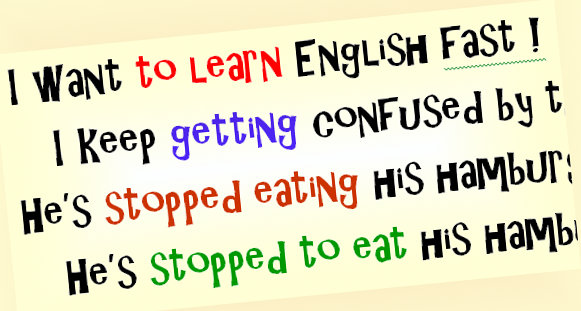Revision
https://test-english.com/grammar-points/b2/verbs-of-the-senses/
https://test-english.com/grammar-points/b1-b2/verbs-of-the-senses/
https://test-english.com/grammar-points/b1-b2/verbs-of-the-senses/2/
Listening
https://www.eslvideo.com/quiz.php?id=12918
https://www.esl-lounge.com/student/listening/3L9-the-roommates.php
https://www.esl-lounge.com/student/listening/3L9-the-roommates-2.php
Reading

